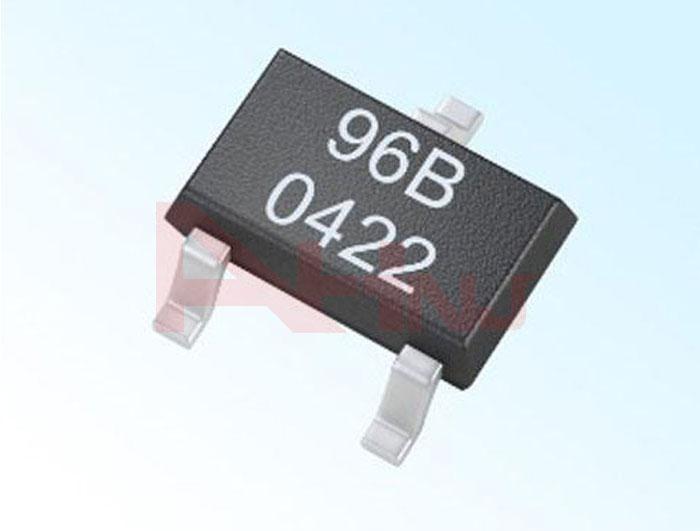How do you judge the quality of the Linear Hall Sensor?
The features of China Hall Sensor include: miniaturization, digitization, intelligence, multi-functionality, systematization, and networking. It not only promotes the transformation and upgrading of traditional industries, but also may establish new industries, which will become new in the 21st century. The point of economic growth. Miniaturization is based on microelectromechanical systems (MEMS) technology and has been successfully applied to silicon devices as silicon pressure sensors.
Next, let's share with you how to judge the quality of the linear hall sensor.
Linear Hall Sensor
1.Linear range
The Linear Hall Sensor's linear range is the range in which the output is proportional to the input. In theory, within this range, the sensitivity remains constant. The wider the linear range of the displacement sensor, the larger the range and the certain measurement accuracy. When selecting the displacement sensor, when the type of the displacement sensor is determined, it is first necessary to see if the range is satisfactory.
But in fact, any displacement sensor can not guarantee absolute linearity, and its linearity is also relative. When the required measurement accuracy is relatively low, within a certain range, the sensor with less nonlinear error can be approximated as linear, which will bring great convenience to the measurement.
2. Stability
The ability of the displacement sensor to remain unchanged after a period of use is called stability. In addition to the structure of the displacement sensor itself, the factors affecting the long-term stability of the displacement sensor are mainly the environment in which the displacement sensor is used. Therefore, in order to make the displacement sensor have good stability, the displacement sensor must have strong environmental adaptability. Before selecting a displacement sensor, investigate the environment in which it is used, and select the appropriate displacement sensor according to the specific use environment, or take appropriate measures to reduce the environmental impact.
The stability of the displacement sensor has a quantitative index. After the usage period, it should be recalibrated before use to determine whether the performance of the displacement sensor changes. In some cases where the sensor is required to be used for a long period of time and cannot be easily replaced or calibrated, the selected displacement sensor has stricter stability requirements and can withstand the test for a long time.
3. Precision
Accuracy is an important performance indicator of the displacement sensor, which is an important link related to the measurement accuracy of the entire measurement system. The higher the accuracy of the displacement sensor, the more expensive it is. Therefore, the accuracy of the displacement sensor can be as long as it meets the accuracy requirements of the entire measurement system, and it is not necessary to select too high. This makes it possible to select a relatively inexpensive and simple displacement sensor among a plurality of displacement sensors that satisfy the same measurement purpose.
If the purpose of the measurement is qualitative analysis, the displacement sensor with high repeatability can be selected. It is not suitable to use absolute precision. If it is for quantitative analysis, accurate measurement value must be obtained, and the displacement with the accuracy level can be selected. sensor. Our company is Hall Sensor Manufacturer, welcome to come to us.

评论
发表评论